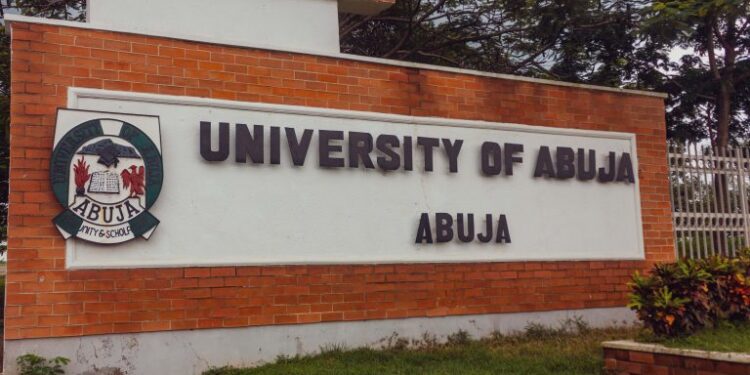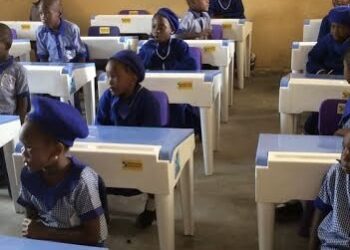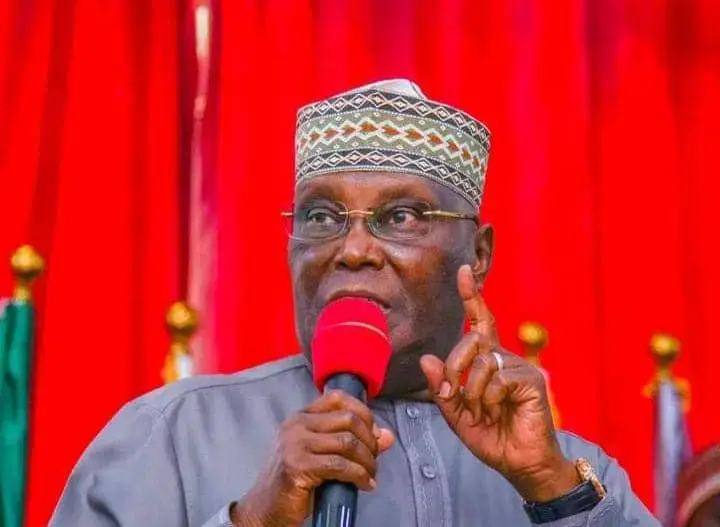In a significant escalation of the ongoing dispute regarding the appointment of a substantive Vice-Chancellor at the University of Abuja (UniAbuja), external members of the Governing Council chose to boycott a scheduled meeting with the Chairman, Air Vice Marshal Saddiq Ismaila Kaita (retired), on Tuesday.
Kaita had convened the council meeting late on Monday, intending to appoint a new Vice-Chancellor by 3:00 PM the following day. However, sources close to the university revealed that the external members were unaware of the Chairman’s plans, as he failed to provide an agenda prior to the meeting.
An anonymous source emphasized that the legal framework governing the selection and appointment of Vice-Chancellors was not being adhered to by the Chairman. The law stipulates that any interview for the Vice-Chancellor’s position is invalid unless the Chairman and two Council members who are not part of the Senate, along with two Senate representatives who are not on the Council, are present. “There is no provision for just one Senate representative or four members. All members must be present for a valid quorum,” the source stated.
The external members who boycotted the meeting included Prof. Raphael Akinfeleye (South West), Mrs. Chisom Dorcas Obih (South East), and Ahaji Sabo Bappayo Ahmed (North East).
In a related development, a group of 67 professors protested at the Ministry of Education on Monday, delivering a letter to Minister Dr. Tunji Alausa, calling for the dissolution of the current Governing Council. They urged adherence to legal protocols and traditional practices governing public universities.
The protesting professors accused the Chairman of dismissing over 27 internal applications and 60 external applications—totaling 87 submissions—while only inviting three candidates to favor his chosen nominee, the Acting Vice-Chancellor, Prof. Aisha Maikudi, despite concerns regarding her qualifications.
They claimed that the Governing Council was improperly formed, with internal members allegedly selected by former Vice-Chancellor Professor AbdulRasheed Na’Allah during a strike by the Academic Staff Union of Universities (ASUU) at the institution. Additionally, they criticized the inclusion of a representative from the Federal Ministry of Education and a businesswoman on the council, arguing that they lack the necessary expertise to ensure quality governance in higher education.
The petition highlighted that critical criteria for the Vice-Chancellor position, such as a minimum of ten years of professorial experience, were overlooked in the advertisement for the role published in August 2024. The Acting Vice-Chancellor was reportedly only two years into her professorial career, lacking significant academic visibility and strong credentials.
The dissatisfied academics have called for the dissolution of the current Governing Council and the formation of a new body to manage the selection process. They urged the Minister of Education to nullify all decisions made by the current council, warning that inaction could lead to negative repercussions for other universities.
“We have lost complete faith in the Governing Council to ensure a fair and equitable selection of the most qualified Vice-Chancellor for the University,” their letter stated. “We implore you to take immediate corrective measures to restore the integrity of the selection process by disbanding the current Governing Council, declaring their proceedings null and void, and reconstituting a new body to oversee a fair appointment process for the substantive Vice-Chancellor at the University of Abuja.”
The letter concluded with a solemn warning that failure to address these pressing concerns could have profound implications for the University and the higher education sector in Nigeria, setting a troubling precedent for other institutions.











